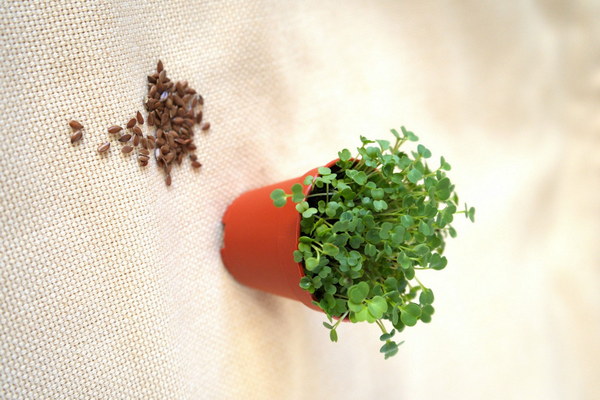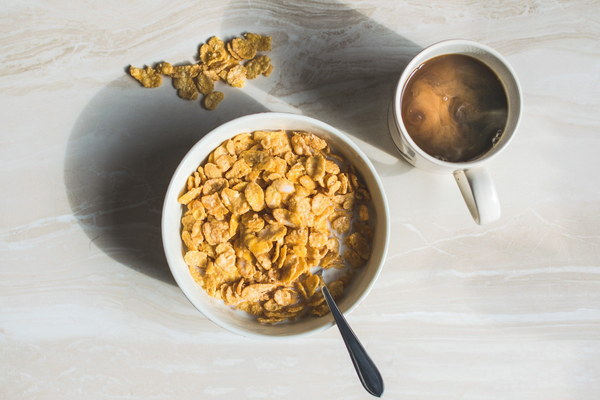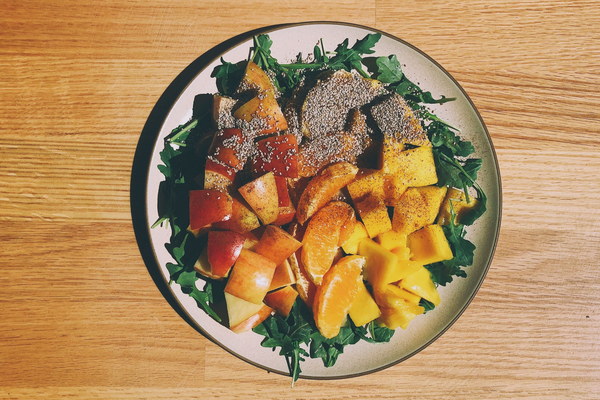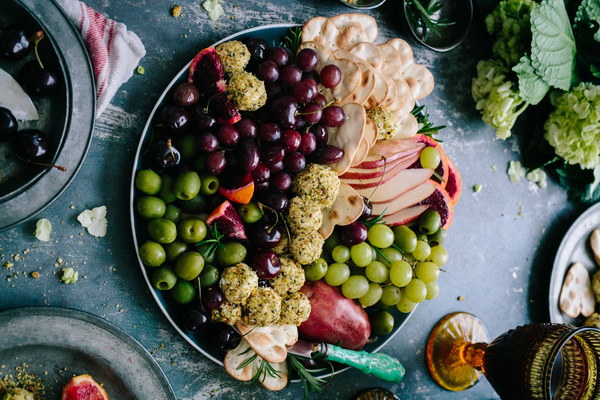Nourishing Your Body Through Chemotherapy A Guide to Complementary Nutrition
Chemotherapy, a vital treatment for many cancer patients, can have significant side effects that can weaken the body and impact overall health. It is, therefore, crucial to focus on nourishing your body during this challenging time. Complementary nutrition can play a vital role in supporting your body's recovery and enhancing your well-being throughout chemotherapy. This article provides a comprehensive guide to incorporating nourishing foods and supplements into your diet during chemotherapy.
1. Understanding the Impact of Chemotherapy on the Body
Chemotherapy is designed to target and destroy cancer cells, but it can also affect healthy cells, leading to various side effects such as nausea, vomiting, diarrhea, fatigue, hair loss, and decreased appetite. These side effects can make it challenging to maintain a healthy diet, but it is essential to do so to support your body's recovery.
2. Prioritizing Nutrient-Rich Foods
A balanced diet rich in essential nutrients can help mitigate the side effects of chemotherapy and support overall health. Here are some key nutrients to focus on:
a. Protein: Protein is essential for cell repair and maintenance. Good sources of protein include lean meats, fish, poultry, eggs, dairy products, legumes, and tofu.
b. Fruits and Vegetables: Fruits and vegetables are rich in vitamins, minerals, and antioxidants that can help protect your body from the harmful effects of chemotherapy. Aim for a variety of colors to ensure a diverse nutrient profile.
c. Healthy Fats: Healthy fats, such as those found in avocados, nuts, seeds, and olive oil, can help reduce inflammation and support overall health.
d. Whole Grains: Whole grains provide essential fiber and B vitamins that can help maintain energy levels and support digestion.
3. Strategies for Enhancing Nutrient Absorption
Some chemotherapy drugs can interfere with the absorption of certain nutrients. Here are some strategies to enhance nutrient absorption:
a. Eat smaller, more frequent meals to improve digestion and reduce the risk of nausea.
b. Choose nutrient-rich foods that are easier to digest, such as smoothies, soups, and pureed dishes.
c. Avoid high-fiber foods if you experience diarrhea or constipation, as they can exacerbate these symptoms.

4. Hydration and Electrolytes
Staying hydrated is crucial during chemotherapy, as it can help alleviate some side effects and support kidney function. Aim to drink plenty of fluids, such as water, herbal teas, and clear broths. Additionally, electrolyte-rich beverages can help maintain balance in your body.
5. Supplements and Herbs
While a balanced diet is the cornerstone of complementary nutrition, certain supplements and herbs may help support your body during chemotherapy. However, it is essential to consult with your healthcare provider before taking any supplements, as some can interfere with chemotherapy drugs or have side effects of their own. Here are a few options to consider:
a. Probiotics: Probiotics can help maintain a healthy gut microbiome, which is essential for digestion and immune function.
b. Omega-3 Fatty Acids: Omega-3 fatty acids, found in fish oil, may help reduce inflammation and support heart health.
c. Green Tea: Green tea is rich in antioxidants and may help protect against oxidative stress caused by chemotherapy.
d. Milk Thistle: Milk thistle is believed to support liver function, which can be compromised by chemotherapy.
6. Addressing Specific Side Effects
Chemotherapy can cause various side effects that may require specific dietary adjustments:
a. Nausea and Vomiting: Try eating small, bland foods like crackers, toast, or rice pudding. Avoid strong odors and spicy or fatty foods.
b. Fatigue: Focus on energy-dense foods, such as nuts, seeds, and avocados, to help maintain energy levels.
c. Hair Loss: While there is no dietary solution for hair loss, ensuring adequate protein intake can support hair growth once treatment is completed.
d. Appetite Loss: Eat nutrient-dense, high-calorie snacks throughout the day to maintain your weight and energy levels.
In conclusion, nourishing your body during chemotherapy is essential for managing side effects and supporting overall health. By incorporating nutrient-rich foods, staying hydrated, and addressing specific side effects with dietary adjustments, you can help your body recover and thrive throughout this challenging time. Always consult with your healthcare provider before making any significant changes to your diet or starting any new supplement regimen.









